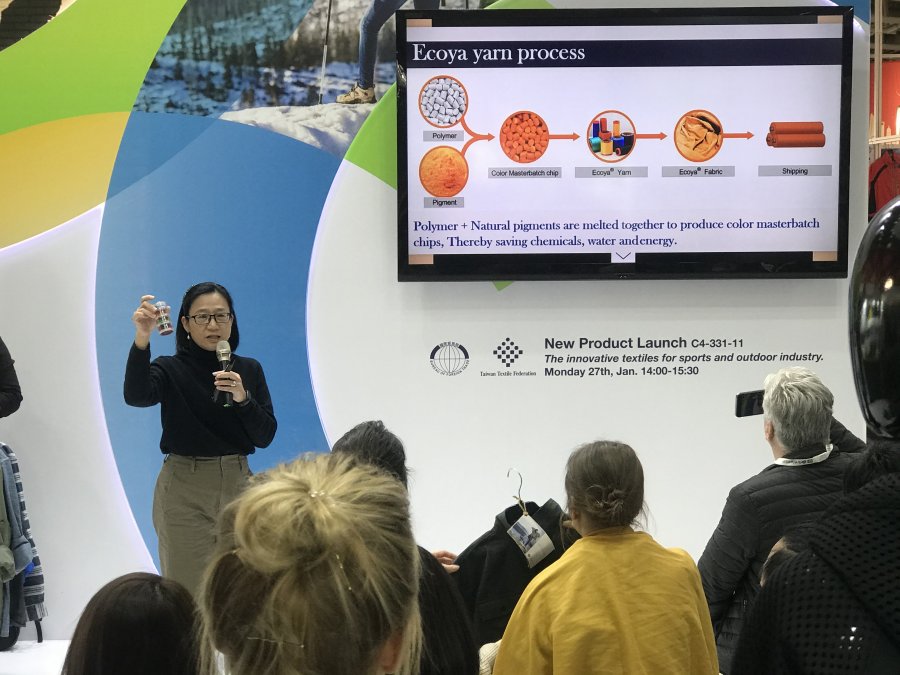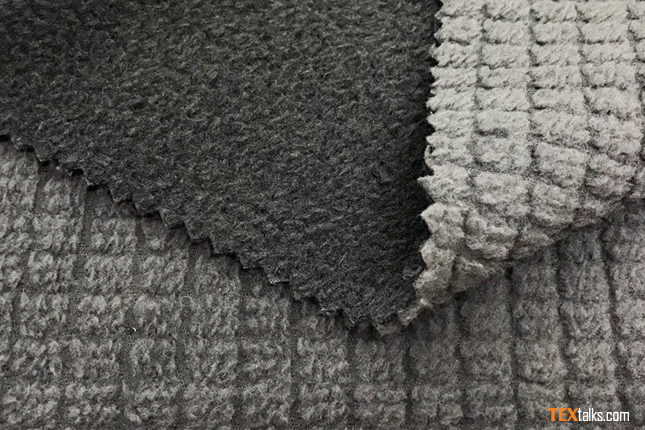With its innovative products, the Taiwanese textile industry is an essential pillar of the global sportswear industry. In terms of export value, Taiwan’s textile industry is among the top seven in the world. In 2019, the value of the country’s textile exports was US$9.18 billion. While the government used to rely mainly on cheap mass production, after more than 60 years of development, Taiwan’s textile industry has become an innovator with an integrated value chain, focusing on high-quality materials for sports and outdoor apparel. This success’s foundation is a high and consistent level of quality, on-time delivery, and excellent communication skills.
 At ISPO Munich Online, the Taiwan Textile Federation will present the most exciting new developments from Taiwanese textile manufacturers for the sports market under the heading “Taiwan Select”. To keep in touch with international buyers in the face of the COVID-19 pandemic and related restrictions, the Taiwan Textile Federation is now presenting its innovations at ISPO Munich Online. More than a hundred selected, innovative products from 30 Taiwanese suppliers in the fields of textiles, apparel, and trims for the outdoor, snowsports, team sports, health/fitness, and urban segments will be showcased “Taiwan Select” section – in some cases by video. Here, too, the focus of the selection is on sustainable innovations.
At ISPO Munich Online, the Taiwan Textile Federation will present the most exciting new developments from Taiwanese textile manufacturers for the sports market under the heading “Taiwan Select”. To keep in touch with international buyers in the face of the COVID-19 pandemic and related restrictions, the Taiwan Textile Federation is now presenting its innovations at ISPO Munich Online. More than a hundred selected, innovative products from 30 Taiwanese suppliers in the fields of textiles, apparel, and trims for the outdoor, snowsports, team sports, health/fitness, and urban segments will be showcased “Taiwan Select” section – in some cases by video. Here, too, the focus of the selection is on sustainable innovations.
The Taiwanese textile industry’s focus, which is represented by the Taiwan Textile Federation, is now on the forward-looking topic of sustainability. The aim is to establish itself worldwide as the pivotal sourcing hub for innovative, sustainable, and intelligent textiles. The country is already a leader in recycled polymers and polymer blends and is actively searching for new sustainable textile solutions that combine high-tech, ecology, functionality, and life aesthetics. Successful examples include the production of recycled polyester and nylon from marine waste and water-free dyeing. Many manufacturers also produce according to the requirements of numerous textile sustainability standards such as bluesign, GRS, ZDHC, Standard 100 by Oeko-Tex, and Restricted Substance Lists.



